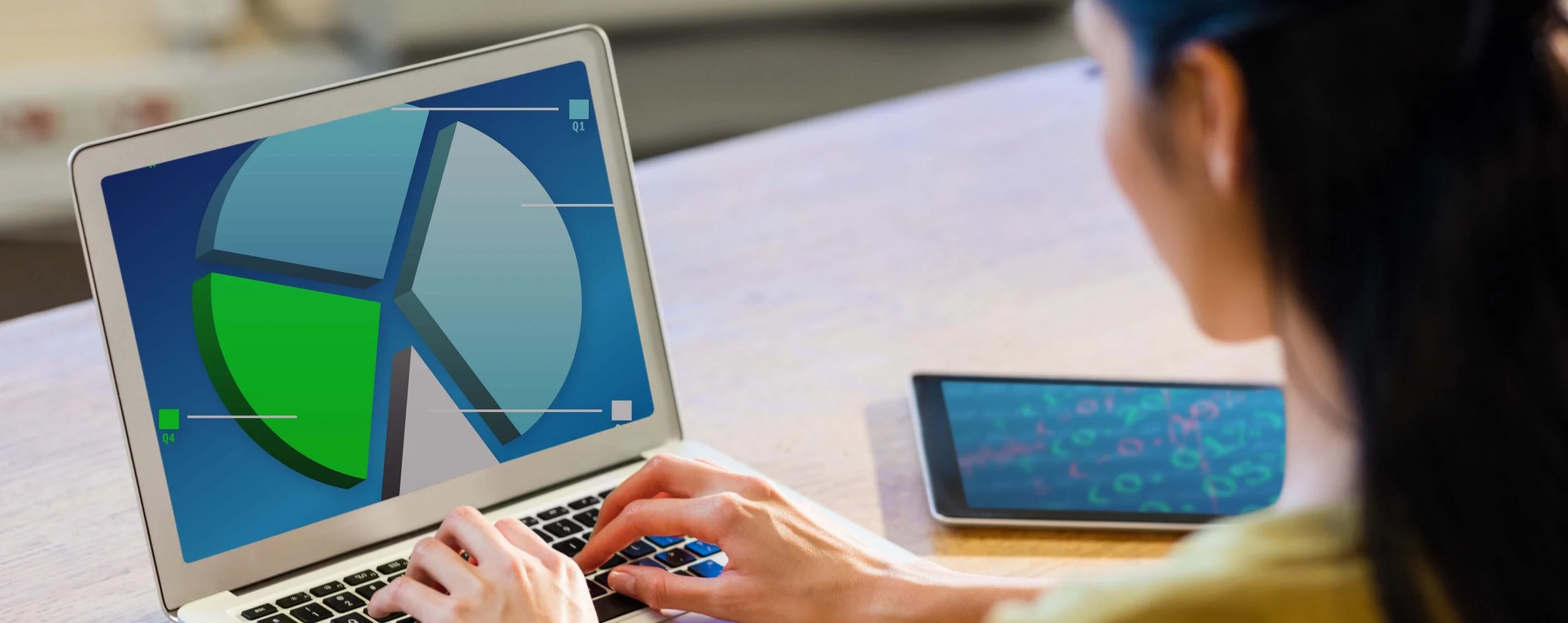METHODOLOGY
The Rhodes Project has been collecting data about women Rhodes Scholars since 2005. During the initial phase of data collection, researchers identified 446 women (now living all over the world) who had studied at the University of Oxford as Rhodes Scholars between 1977 and 1995. On 5 July 2004, the founder of the Rhodes Project, Dr Ann Olivarius, sent a personal letter to 375 (84%) of them (all those for whom contact information could be found), asking them to fill out questionnaires and tell them about their lives and career paths.
Dr Olivarius' three-page, single-spaced letter described the impetus for the Rhodes Project, including its point of origin in a conversation she had had with a fellow Rhodes Scholar from Zimbabwe in which she described them both as "leading lives of our own design." Two hundred and ten women (56%) responded to this initial request for information and returned completed questionnaires. The topics covered included finances, health, career choices, politics, sexuality, and feminism.
A second, anonymous survey was conducted in 2005. Most of the women were elected again between 1977 and the late-1990s, but some were elected in the late-1990s and the early 2000s. One hundred and fifteen Rhodes women (31% of those for whom contact information had been found) returned completed questionnaires. Topics covered in this second survey included family background, current living arrangements, activism, politics, the meaning of the Rhodes experience, success, health, and sexuality.
Over the next several years more than 125 women were contacted and individually interviewed. The interviews were semi structured and took one to several hours. The transcripts ranged from 2,000 to 10,000 words, and totalled more than 2000 pages. The early interviews (more than 80) were with women Rhodes Scholars who were elected to be Rhodes Scholars between 1977 and 1995, and hence were early-career (10 to 15 years) or mid-career (15 to 30 years) at the time they were interviewed. Since 2012, additional individual and also some group interviews have been conducted with women selected for the scholarship after 1995 as well as with additional women from the first cohorts. The Rhodes Project archive currently holds more than 120 transcribed interviews with women who have received the Rhodes Scholarship. Because respondents were promised confidentiality and women Rhodes Scholars are a small group (many of them are well-known or could be identified), the data has been completely anonymised.
In September 2013, during the 110th Anniversary of the Rhodes Scholarship, a Focus Group on the gender gap in leadership was held at the Said Business School, University of Oxford. Seven women from the first cohort met for close to two hours and a transcript of their conversation has also been completed and deposited in the archive.
In 2019, more than 100 online surveys were collected from women who received their scholarships between 2000 and 2019; some of these women were still scholars at the time. These surveys were all completed anonymously. This questionnaire was our most detailed, asking about family background while growing up, career aspirations, how they view the scholarship, experiences with sexual misconduct and other forms of discrimination in the workplace and at Oxford, their ethnic and gender identities, religious commitments, politics, salaries, how they view success, sources of stress, and perceptions of differences between male and female scholars.
In all, we received completed surveys from women who represented 16 countries at the time of their scholarships. They completed the questionnaires while living in 19 nations, some of which are not specific scholarship constituencies. The data includes Europe, Asia, the Middle East, Africa, the Caribbean, and North America. Some of the respondents are now in their 70s and retired; others are scarcely out of the university and just embarking on their careers. Our respondents grew up across the world – New York and New Zealand, Botswana and Beijing, Jamaica and Germany.
Last, The Rhodes Project compiled a database of the careers of each female scholar, and a representative and random sample of 200 male scholars from each decade, based on their public digital profiles (e.g., Twitter, LinkedIn, Facebook, workplace webpages). We periodically update the database. We are thus able to make fine-grained comparisons in career trajectories of male and female scholars.
Since The Rhodes Project is an ongoing study, we plan periodically to issue further surveys and calls for interviews. We are particularly keen to hear from younger scholars.

